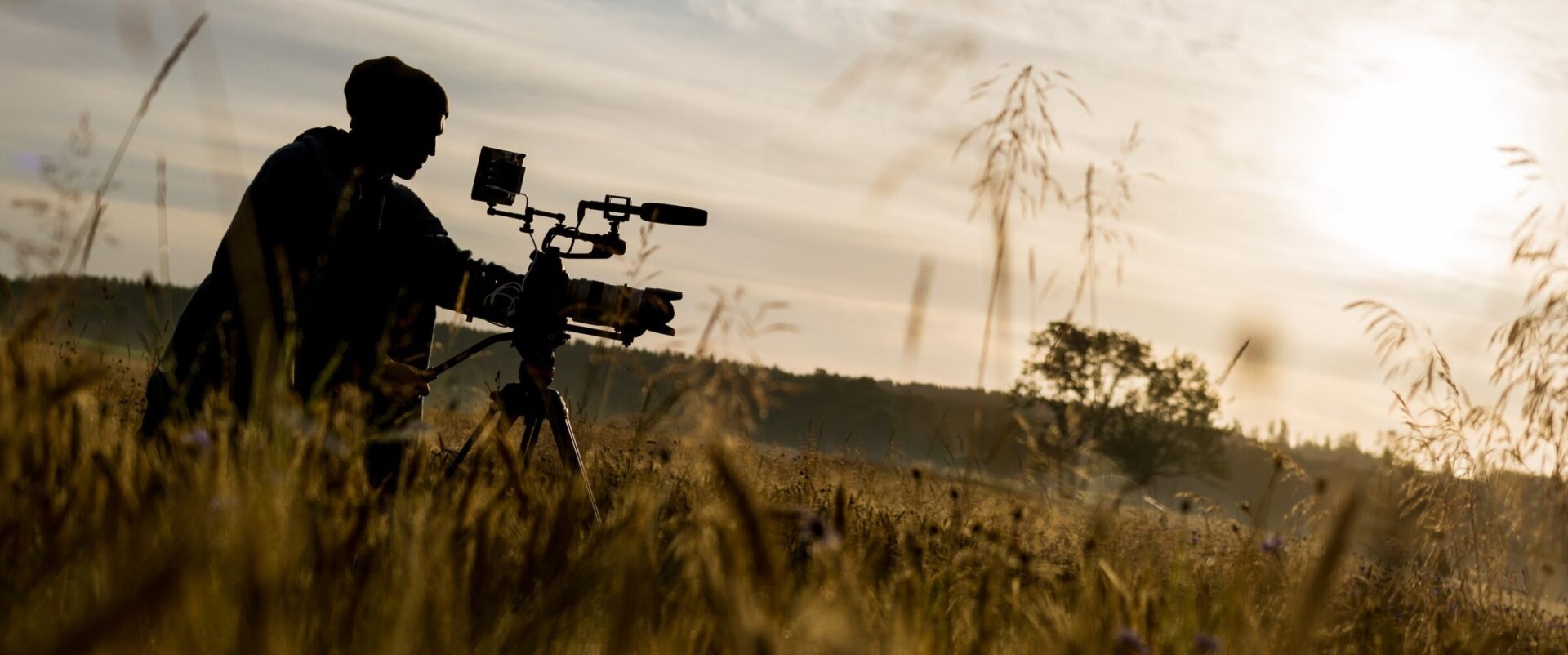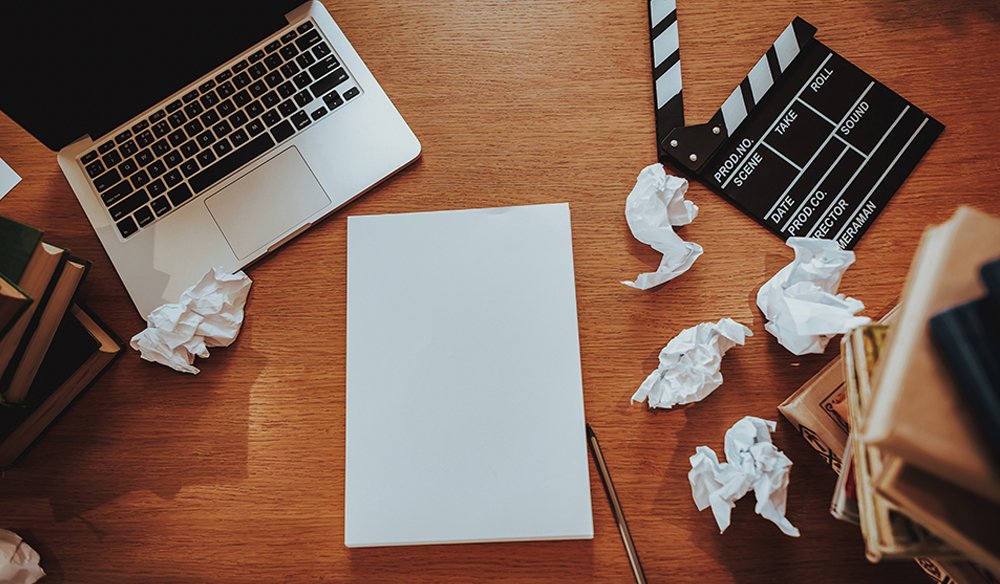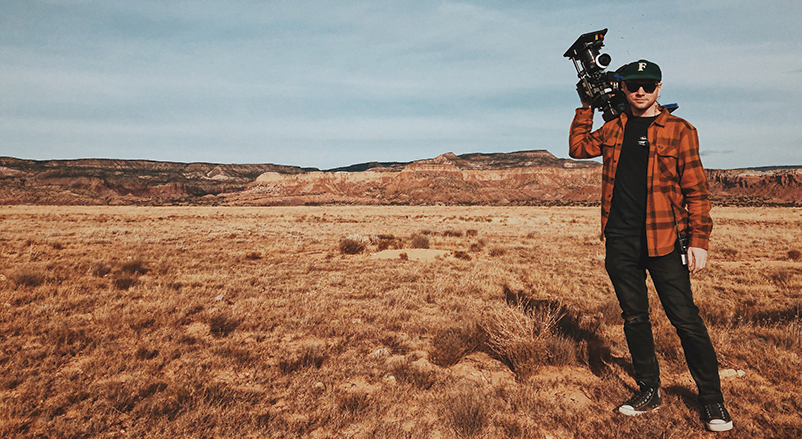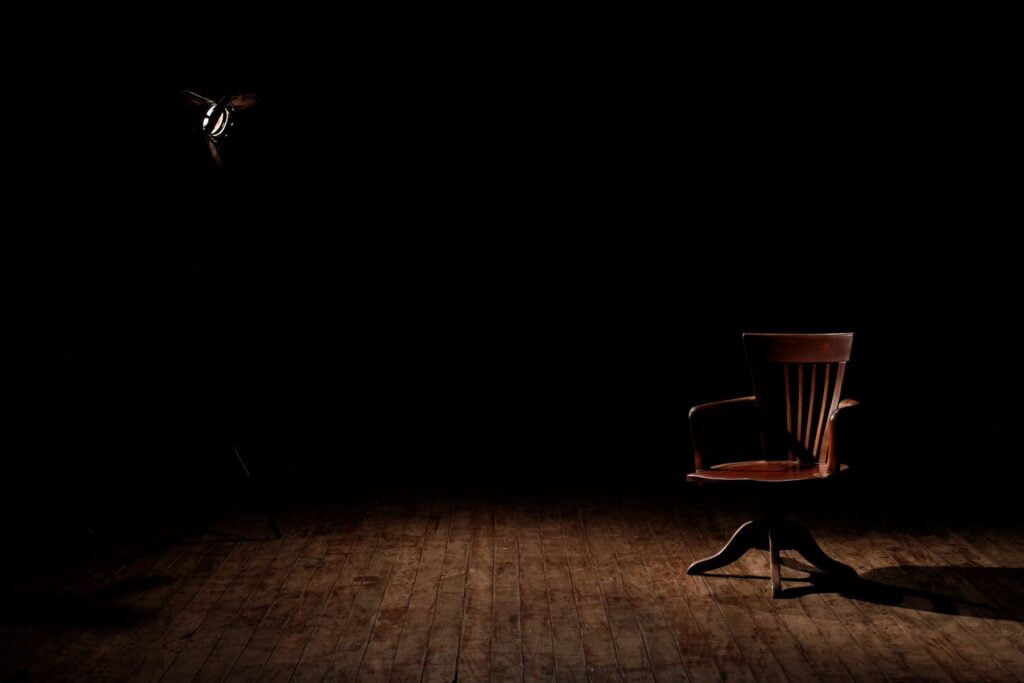A handy step-by-step guide for making your first film - Part 1

If I had a pound for every time I've heard someone say “I want to make my own movie - but…” and then nothing happens, I'd be a very wealthy man.
It's a sad fact that most people never get to know the fun of bringing their idea to fruition and usually they will only have themselves to blame.

If you really do want to be making your first film then read on. In this series of blogs, we will share our simple and clear overview of the process involved, the mindset you should have, and the things you will need to consider.
Your mind Set

Try to be an enthusiast and an eternal optimist. It really helps if your view of the world is one of ‘glass half full’ - particularly when things go wrong - and try not to be your own worst enemy by self catastrophising before you even get started.
Your idea
This is where most people get stuck because they think they must have a ‘good idea’. They are wrong. A ‘good idea or a bad idea’ is always subjective - you only need an idea that you want to make and then get on with it.
To help you find your idea, try thinking about the type of things you like to watch, people you like to meet, things you like to read and explore things you are interested in. Your idea will need your touch of personal passion if it is to make it to completion.
Involve others
At this stage of the process, half your fun will come from sharing your ideas with others. Encourage your friends and family to input their creativity into your idea and then encourage them to challenge yours.
If you keep your idea to yourself, you will run a high risk of soon finding yourself in a very lonely place - creatively speaking.
Be brave. Share your ideas with others. There is always the potential for ridicule with any idea you share but there is also the potential for your idea to grow and evolve into something better than what you started with.
Work everything out on paper

This is another stopping point for first-time filmmakers as it is the first time you really have to produce something tangible - written documents. You should consider the following as being important steps on the way to making your first film:
Synopsis
A short written brief describing your idea.
Your synopsis is an ‘in a nutshell’ document that you can share with others to help them quickly understand what your film is about.
Writing your synopsis will help you clarify your thoughts in a more narrative style and will make you consider critical detail.

The first script
Create a written structure for your project.
Whether it's a prescriptive style of script or a simple topic guide for actors to improvise around, you must try to remember that your first script is just the start. It is a living document that will evolve as you get input from others.
If you know your start, middle and end then you are in a good place to flesh out what goes on in between those key points.
Storyboard
Put the shots you want to create on paper.
The knowledge you get from drawing up a storyboard will allow you to better control all your assets, your time, and your crew when on location. A well-thought-out storyboard can help you adapt when you need to and therefore impact your budget ambitions in a very positive way.
It's an important document because this is the point at which you will begin to visualize your film and understand the number of casts, locations, and the type of shots you are aiming for making your first film.
It's vital you remember that it doesn't matter how well you can draw. Use stick men if you have to, but get it done.
Start Casting
This is a critical element of your project.
If you have no budget then you might want to consider using friends or people you know. The alternative is to send out to agents and agencies a brief description of what you are looking for. Most agencies have an online portal where you can at least see images and showreels of actors you might be wanting to consider.
It's a real risk to cast anyone without having them audition for you. It’s through auditions that you will discover if people can actually act, you will see how they respond to your direction and it’s an opportunity for you to better visualize them in the role you are casting.
Keep an eye open for our Part 2 in this series on ‘making your first film’ where we will get into ‘locations and permissions’, 'going commando' and ‘film scheduling’.
Meanwhile, if you have any questions e-mail us at [email protected] or give us a call on 0131 226 0226 to see if we can offer you support with making your first film.




